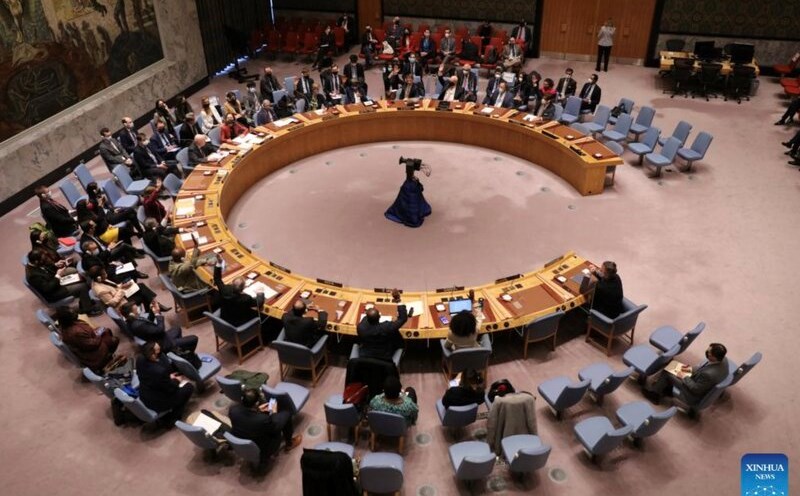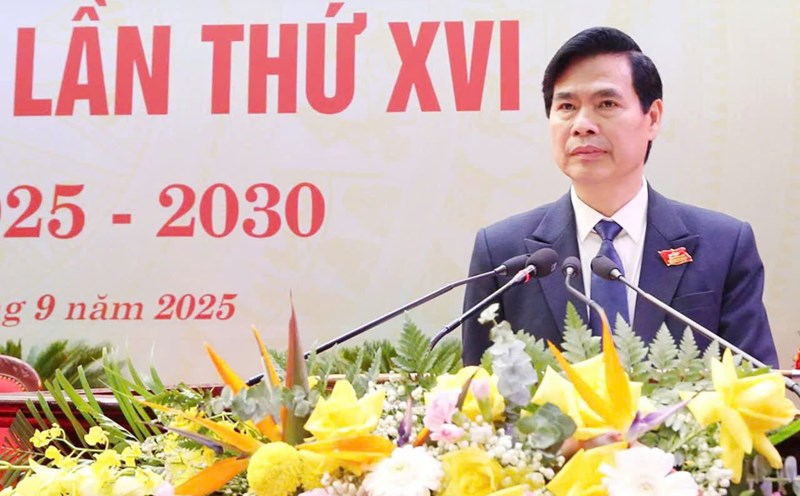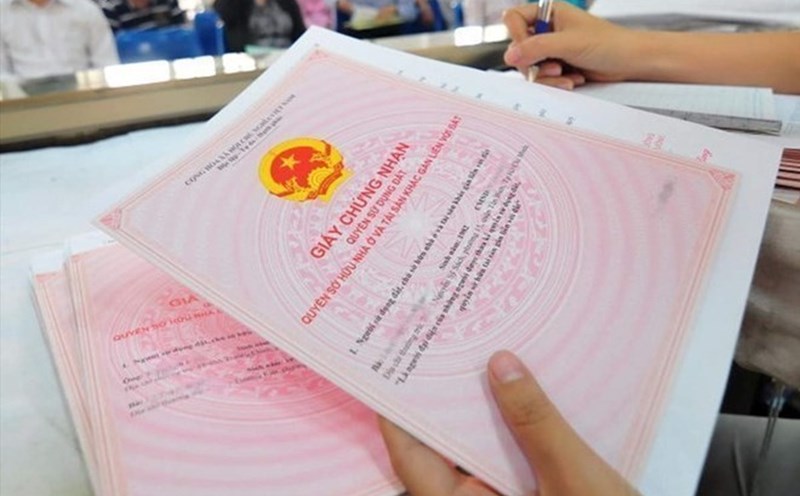Iran has condemned the United Nations reimposing sanctions related to its nuclear program, calling it an unjustified and unregulated move.
The sanctions took effect on the night of September 27 (morning of September 28 Vietnam time), after the US, UK, France and Germany activated the "snapback" mechanism ( turn on the switch) in the nuclear deal in 2015, which allowed the restoration of all sanctions if Tehran violated its commitments.
The sanctions include an arms embargo, a ban on uranium enrichment, a ban on ballistic missile development, freezing assets and restricting travel to many Iranian individuals and organizations.
Iran's Foreign Ministry issued a tough statement: "Relactifying the canceled resolutions is illegal and baseless... All countries should avoid recognizing this illegal situation. The Islamic Republic of Iran will resolutely protect national interests, and all acts of aggression will have to face appropriate retaliation.
The move comes after nuclear talks collapsed and tensions escalated by US and Israeli airstrikes on Iran's nuclear facility in June. Russia and China's last-minute efforts to postpone sanctions until April 2026 failed at the Security Council.
German Foreign Minister Johann Wadephul explained that reimposing sanctions is mandatory because Iran does not comply with its obligations, stressing: The important thing is that Iran must never possess nuclear weapons. But we are still open to negotiating a new deal.
The US and Europe affirmed that the door to dialogue remains open. US Secretary of State Marco Rubio called on Tehran to accept direct talks in the spirit of goodwill, while urging UN member states to immediately impose sanctions to put pressure. In a joint statement, the UK, France and Germany also called on Iran to restrain all escalation.
In contrast, Russia has said it does not recognize and will not implement the sanctions. Foreign Minister Sergei Lavrov accused the West of using pressure and blackmail to force Tehran to make a concession, while criticizing this as clear evidence of the sabotage policies of the US and its allies.
Iranian President Masoud Pezeshkian said that Washington had proposed temporarily lifting part of the sanctions in exchange for Tehran handing over all its uranium reserves for enrichment, but he asserted that this was an un acceptable proposal.
Iran has summoned the ambassadors to the UK, France and Germany for consultations, considering this a strong diplomatic response.
The sanctions are covering the Iranian economy, which has been under heavy pressure from unilateral US sanctions since President Donald Trump withdrew from the Iran nuclear deal in 2018.
In Tehran, many people expressed concern. The economic situation is already very difficult, now it will definitely get worse, lamented an engineer named Dariush. The rial continued to lose its record value, with 1 USD exchanged for more than 1.12 million rial on the black market.
While the West affirmed its goal of preventing Iran from owning nuclear weapons, Tehran once again stressed that the country does not pursue nuclear weapons and will resolutely protect national interests.











